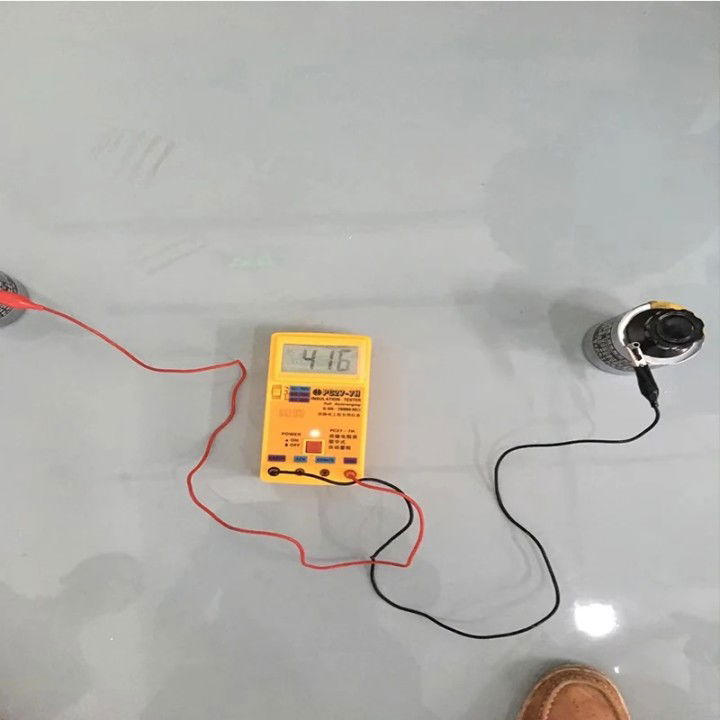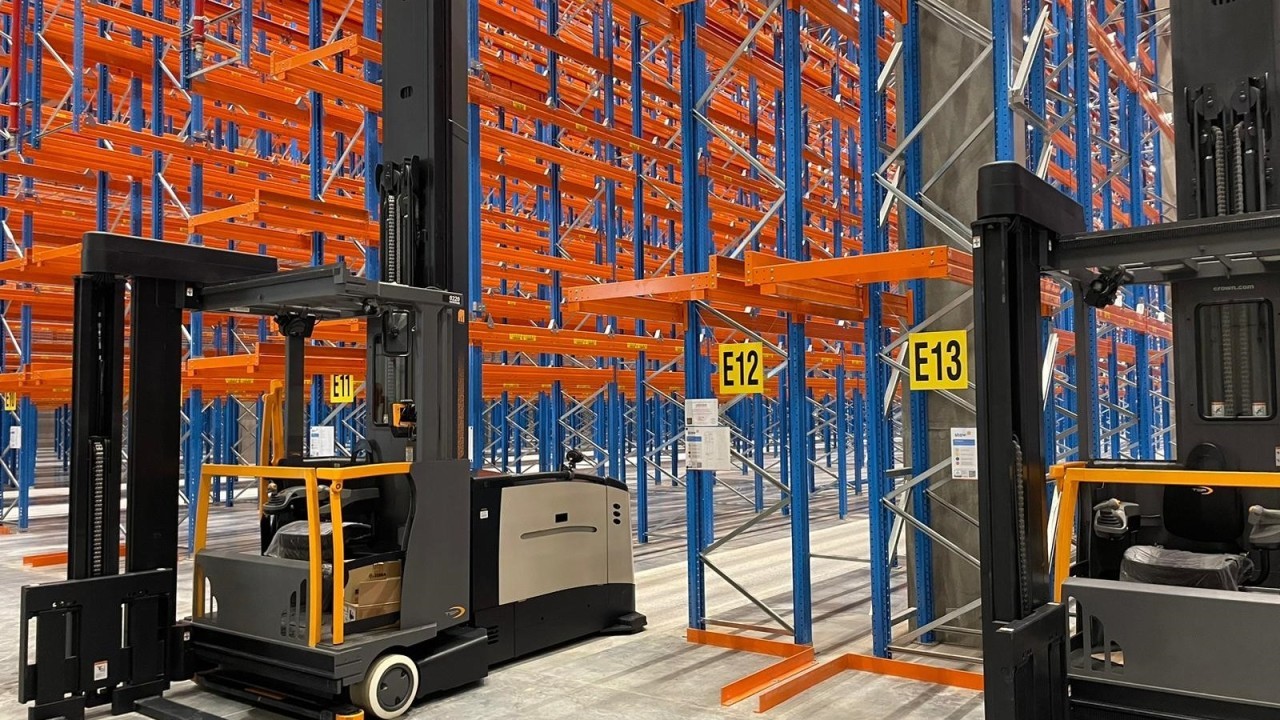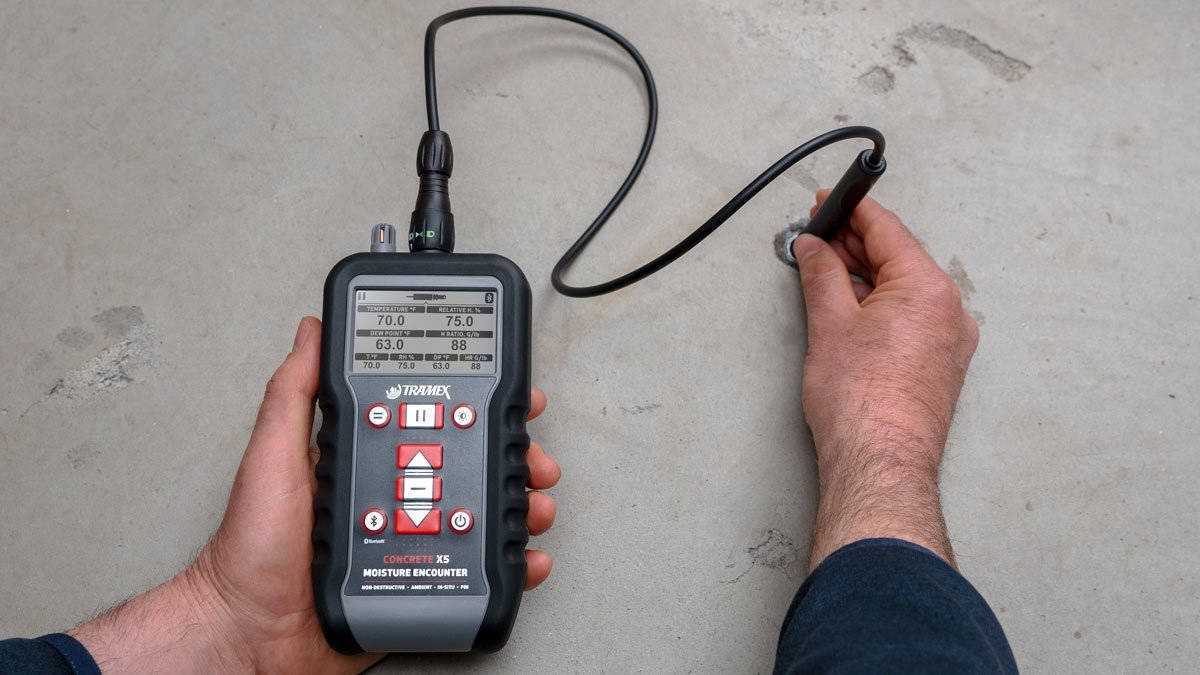Managing harmful electrostatic discharge (ESD) is a critical yet frequently neglected aspect of designing modern industrial facilities. Antistatic flooring is crucial when choosing surface materials. To comprehend the significance of ESD flooring, it is first necessary to explain that ESD stands for electrostatic discharge, which occurs when static electricity is released due to contact between two objects.
Experiencing Electrostatic Shocks
Many people are familiar with the sensation of a static shock, such as the jolt you feel when exiting a car in dry weather. This occurs when the human body experiences a voltage above approximately 3,500 volts. Another example is generating up to 35,000 volts of static electricity simply by walking across a carpet. Although such discharges are not life-threatening, they can cause discomfort.
Although small, these shocks can significantly affect electronic devices. Even a static discharge as low as 10 volts can damage electronic equipment. That’s where ESD flooring products play a crucial role in protecting sensitive electronics.
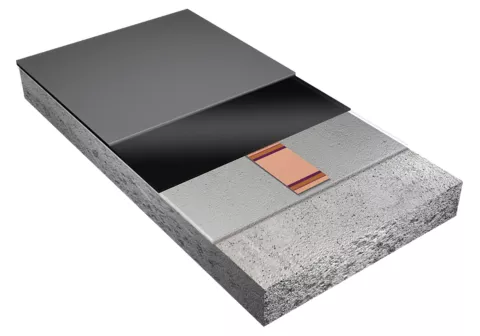
The Role of ESD Flooring
ESD flooring is created to protect electronics from static electricity damage. When people move, they generate static electricity, which needs a safe pathway to dissipate. ESD flooring contains conductive elements such as carbon, graphite, or metal-coated particles that create an electrical path from the floor’s surface to the ground.
This type of flooring has a grounded, static-dissipative, or conductive surface with an electrical resistance between 2.5 x 10^4 to 1.0 x 10^9 Ohms. It ensures that any static electricity generated is discharged harmlessly when someone touches another object.
Benefits of ESD Flooring
ESD flooring is beneficial in environments with computers, electronic equipment, and extensive electronic systems. It helps prevent operational issues such as dropped calls and system-wide outages, which can be highly costly for money and productivity. ESD flooring is commonly used in air traffic control towers, electronics manufacturing plants, computer labs, hospitals, and radio stations.
Implementing ESD Flooring
When deciding on the placement of ESD flooring in a facility, it is crucial to consider both static control and the operation’s performance demands. Sika, PIP, Flowcrete, etc, are excellent examples of comprehensive ESD-control flooring technology that can fulfill these requirements.
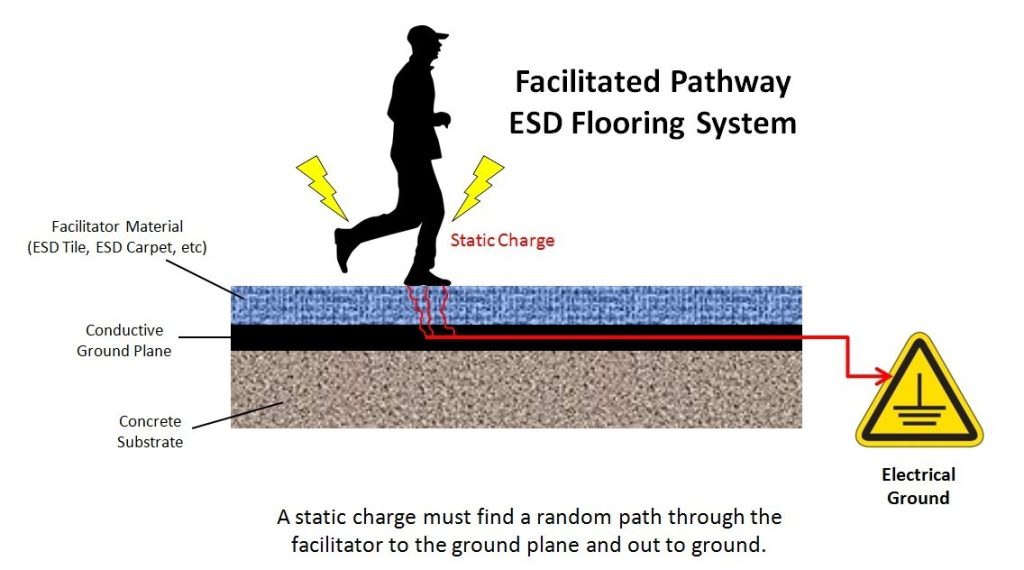
Conclusion
ESD flooring is crucial in facilities with sensitive electronic equipment. It integrates conductive elements into the flooring to provide a grounded pathway to dissipate harmful static charges. This channels electrostatic energy away from components and people, protecting operations from costly damages and downtime. While static shocks may seem trivial, their potential to disrupt electronics makes ESD flooring a wise investment for enhancing safety, productivity, and asset protection. ESD flooring should be considered an essential feature for any facility housing advanced computer systems or integrated technology.

